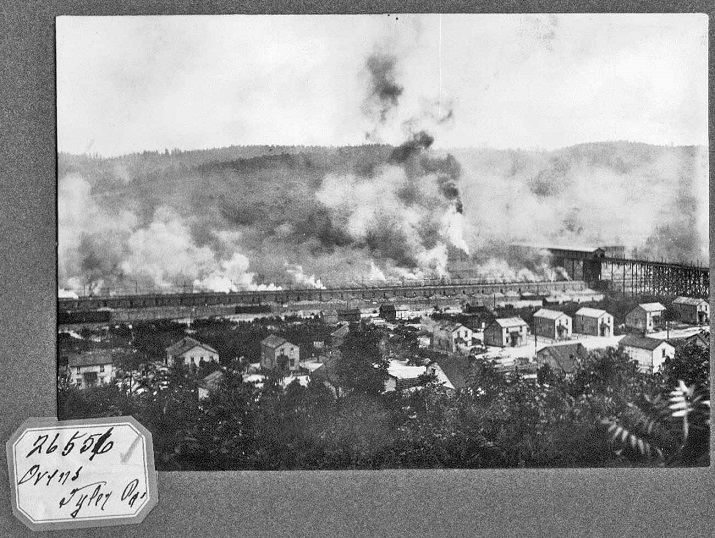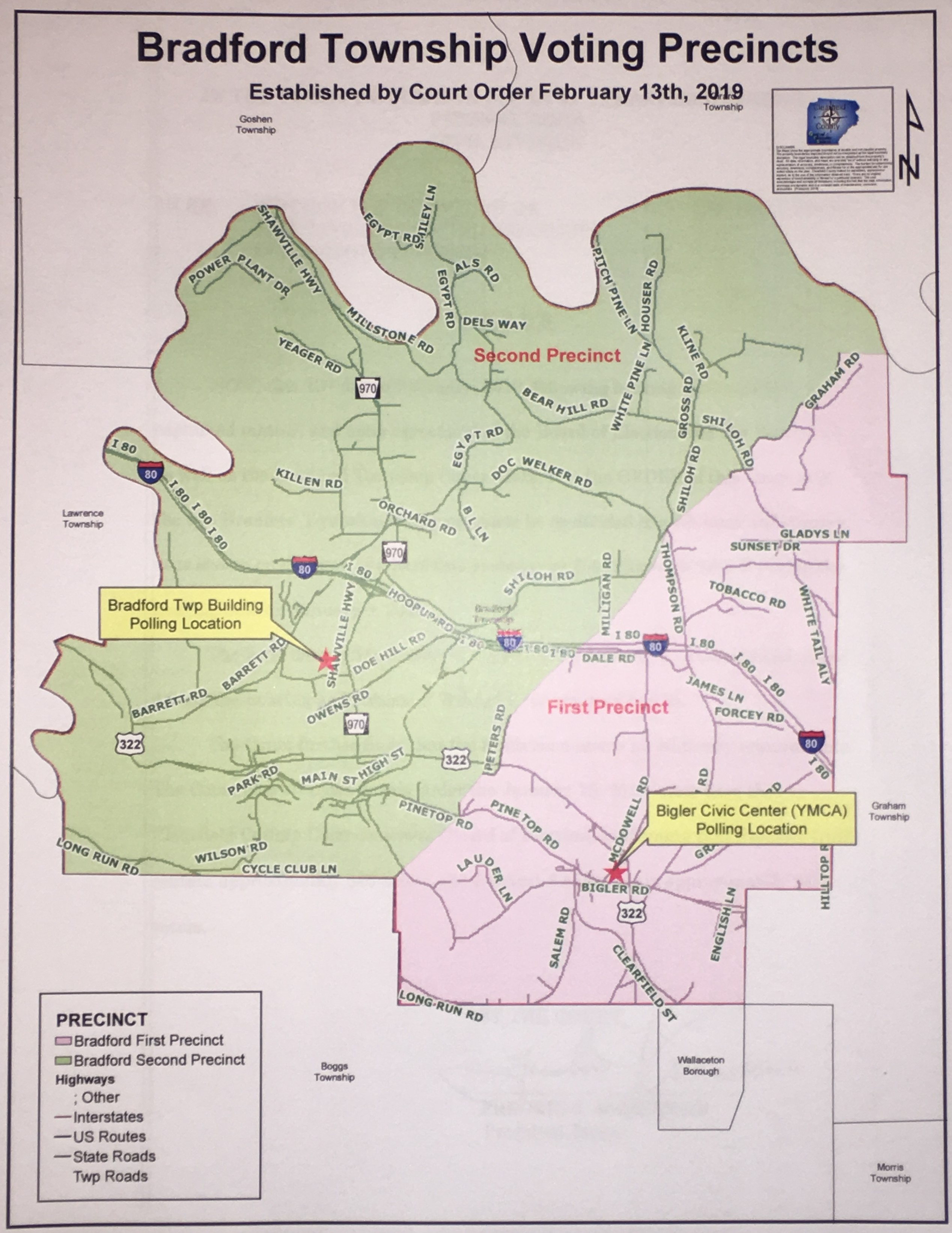
Coke is the product derived from heating coal in the absence of air. It is a similar process to making charcoal, which instead uses wood.
Burning coke puts forth a high heat and was instrumental in making the high-grade steel that built the infrastructure of Pennsylvania and the United States in the later 19th and well into the 20th centuries.
The coke ovens that “cooked” the coal in the village of Tyler in Huston Township, near the Elk County line, were located close to the coal mines, railroads and brickyards of Clearfield County.
These supplied the raw product, transportation and structure needed to build and operate the ovens.
David Tyler, a lumberman and employee of John Dubois, came to Huston Township in 1848. He later expanded into the coal business.
The Clearfield Coal Co., actually headquartered in Philadelphia, opened the coke ovens in the 1880’s, growing the business to operate 70 ovens by the 1890’s.
Rural coke ovens are a remnant memory of the industrial age economy that the United States once knew and relied upon to win two World Wars and achieve manufacturing supremacy.
The Tyler coke ovens could not survive the technological shift to post war oil use and other energy sources, accelerating their decline as a major employer in the Bennetts Valley region of Clearfield and Elk counties.
Tyler today is a small village with a rich and proud history of the hard-working families who helped to build this area and the nation.



